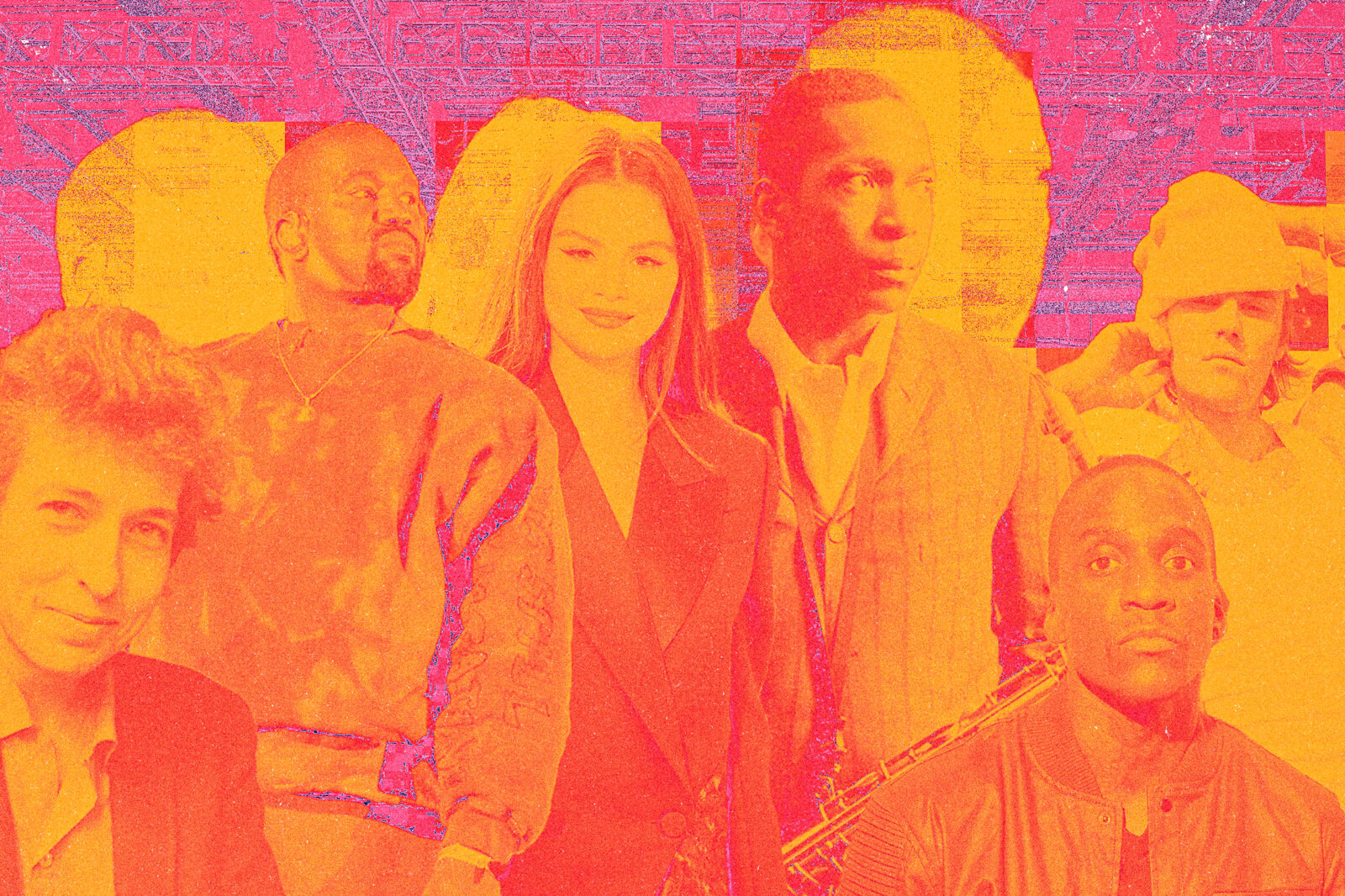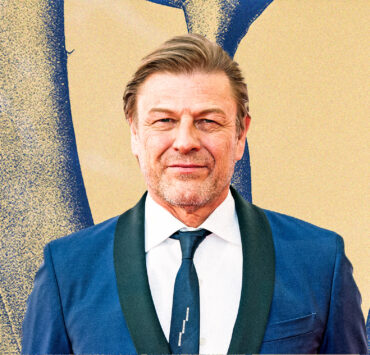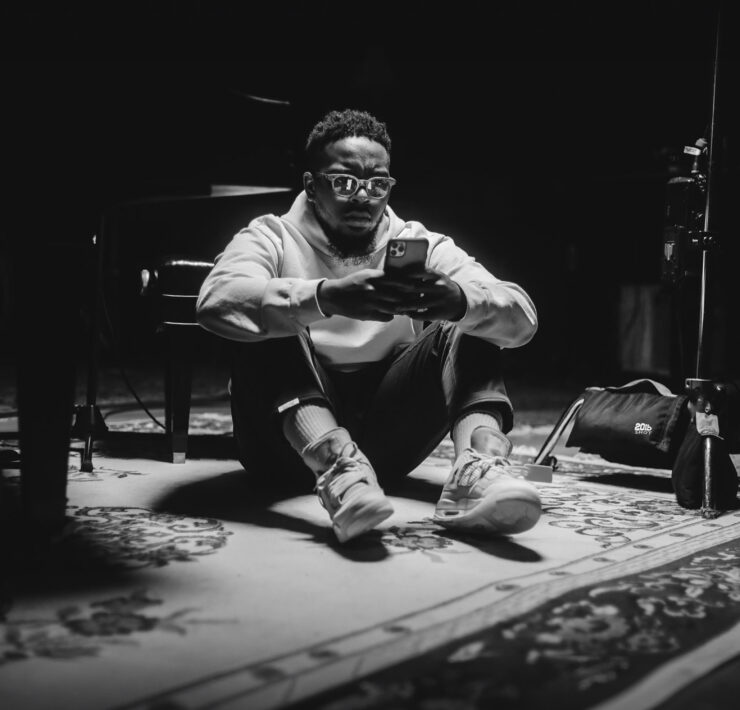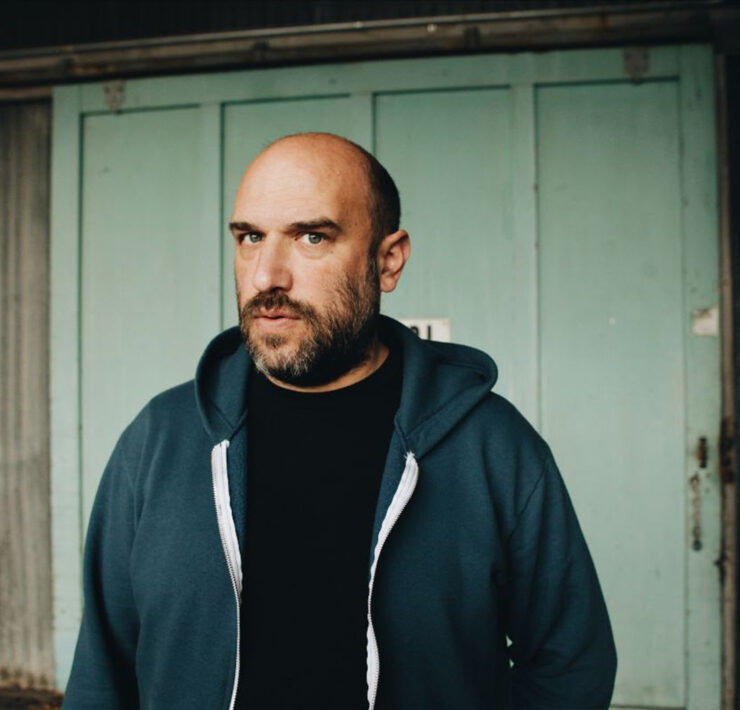On the surface, the trajectory of Kanye West — who, it must be noted, is now going by Ye — feels unique. An artist at the top of the creative game suddenly getting very serious about his faith and pivoting to gospel seems so unexpected as to be almost unprecedented.
But, of course, it’s not. In fact, pop music is littered with these stories. Many artists have turned to God in the middle of their careers — often after being brought low by the worst parts of fame. Not all of these conversions necessarily led to a spotless life transformation (when has it ever?) but most of them did mark a shift in the sort of music these people were making.
Selena Gomez
Selena was raised as a Catholic, but her beliefs went through a shift later in life. In 2017, she said “I don’t know if it’s necessarily that I believe in religion, as much as I believe in faith and a relationship with God.” She credited her faith with giving her a sense of peace through the recording of “Lose You to Love Me,” a bracingly personal song about a breakup with …well, we’ll get to him.
No Malice
In the early 2000s, Malice and his brother Pusha T were one of the most exciting groups in hip-hop. As Clipse, they worked with everyone from Pharrell to Justin Timberlake.
But in 2012, he became a Christian and changed his stage name to No Malice, “simply because everything that I read in the Bible was to do away with all malice.”
Bob Dylan
In the late 70s, Bob Dylan shocked fans when he announced he’d become a born-again Christian. He started taking discipleship courses at Vineyard Church and released three gospel albums.
From the stage he told audiences that critics “used to convince me I was a prophet. Now I come out and say Jesus Christ is the answer.”
Justin Bieber
Bieber’s conversion has been pretty well-documented, and he and his wife Hailey got baptized together in August of last year. Bieber’s been very vocal about some regrets from his peak superstardom days, and has since replaced those excesses with wholesome odes to loving marriage and worship sessions with the Maverick City Music crew.
John Coltrane
Coltrane was raised in a Christian household, but credited a “spiritual awakening” in 1957 with inspiring his masterpiece A Love Supreme, one of the most important artifacts in American music. He wrote that the experience led him to a “richer, fuller, more productive life.”
“At that time, in gratitude, I humbly asked to be given the means and privilege to make others happy through music,” he continued. That was one prayer God certainly answered.
Brian “Head” Welch (Korn)
In 2005, Korn’s Brian “Head” Welch was in a bad place, struggling with addiction and mental health issues. “I really wanted God to take away my addiction to drugs,” Welch has said. “I was like ‘Jesus, if you’re real, take away my addiction.’ I felt Him come into my life, and that’s when everything changed.”
M.I.A.
M.I.A. has been a global icon for for years, advocating for refugees and various social justice causes for years. She was raised Hindu and spoke often of her faith. But earlier this year, the “Paper Planes” singer dropped a new single, “The One,” that had a different religious tone. In an interview with Zane Lowe, M.I.A. confessed that she had a vision of Jesus and converted to Christianity soon after. “Everything I thought and believed was no longer the case,” she said.
Dave Mustaine (Megadeth)
In 2002, one of the most popular metal bands of all time hit a snag when lead vocalist and principle songwriter Dave Mustaine became a born again Christian and refused to tour with any bands that he found to be “satanic.” Given the state metal, that ended up crossing a lot of acts off the list. Since those days, he’s gotten a little less strict about sharing the bill with people who don’t share his faith.
Mark Farner (Grand Funk Railroad)
Which version of “Some Kind of Wonderful” are you more familiar with? If you’ve heard the pre-’90s version, you know Mark Farner’s pre-conversion take on the rock and roll classic. But when Farner became a Christian, he re-recorded “Some Kind of Wonderful” as a Christian rock song, and baptized the lyrics to be about faith. Fans didn’t love it but, hey, points for creativity.
Lou Gramm (Foreigner)
Foreigner wants to know what love is. Frontman Lou Gramm found out following a stint in rehab and a cancer scare that changed his life. He departed Foreigner in the wake of his conversion (amicably, as the cancer left his vocal cords weakened) and would later embark on a solo career, with a live show that included both Foreigner classics and Christian rock hits.
Alice Cooper
“The godfather of shock rock” terrified parents in the 60s and 70s with his macabre stage show, but he started getting vocal about being a born again Christian in the 80s, following a brush with alcoholism he credits God with helping him beat. “There’s nothing in Christianity that says I can’t be a rock star,” he told NY Daily News. “People have a very warped view of Christianity. They think it’s all very precise and we never do wrong and we’re praying all day and we’re right-wing. It has nothing to do with that. It has to do with a one-on-one relationship with Jesus Christ.”
Al Green
Green was one of the most influential soul singers of the 1970s, with classics like “Take Me to the River”, “Tired of Being Alone”, “I’m Still in Love with You”, “Love and Happiness” and his biggest hit, “Let’s Stay Together.” As a young man, his personal life was fraught, and after his girlfriend died by suicide following a domestic argument, Green got serious about God. He became a pastor and launched a career singing gospel music.
Kerry Livgren (Kansas)
Kansas’ search for truth is easy to read in songs like “Carry On Wayward Son” and “Dust in the Wind,” but by the late 70s, chief songwriter Kerry Livgren believed he’d found the answer to his questions in Jesus. He started writing music from an increasingly Christian perspective, but the rest of the band wasn’t sold. He departed the band shortly after the release of 1983’s Drastic Measures, though he’s made appearances with them in subsequent years.























